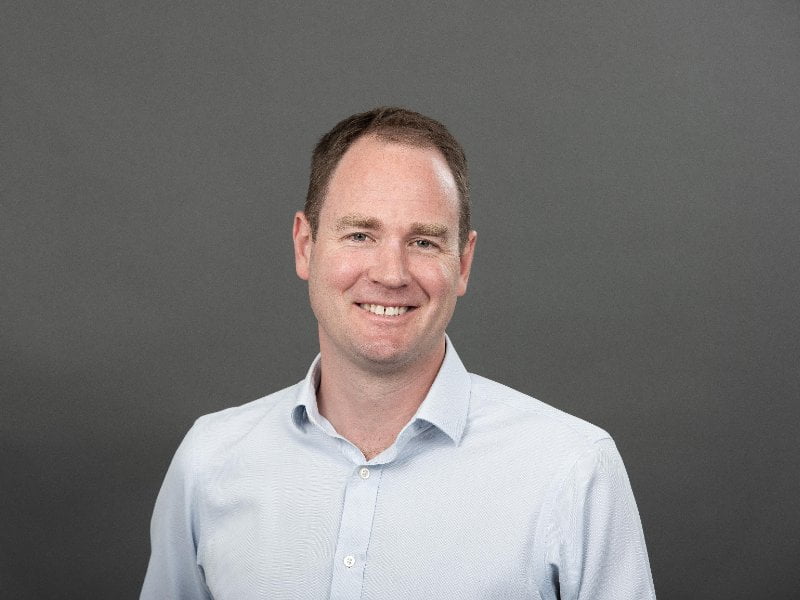Recent research shows that investment in Australian startups fell by 30 per cent in 2022 on the previous year. That’s substantially less than the global decline of 35 per cent but is still cause for concern.
It was a Coalition government that commissioned a review of Australia’s venture capital tax concession programs for early-stage Australian startups in 2021, but it’s time for a Labor government to now revisit it.
That review was a joint effort by Treasury and Industry Innovation and Science Australia (IISA). It ran a ruler over the Venture Capital Limited Partnership (VCLP), Early Stage Venture Capital Limited Partnership (ESVCLP), and Australian Venture Capital Fund of Funds (AFOF) programs.
For two decades, these schemes have facilitated concessional tax treatment for investors in startups, as well as non-financial assistance like mentoring and access to networks.

The review found they’d been largely successful in their twin goals of increasing venture capital investment and growing Australia’s pool of venture capital fund managers.
But it pointedly said that tax concessions were not the sole reason for the venture capital sector’s growth and made no recommendations for improvements.
With the benefit of substantial experience in the commercialisation of deep technology in Australia, I can say that there remains a significant gap in funding for local, early-stage deep technology companies.
By ‘deep tech’, I mean companies that rely on their intellectual property for their competitive advantage, usually developed over many years through painstaking laboratory-based research.
The gap is evident, both in absolute terms and relative to other early-stage sectors such as FinTech and information technology, and is in contrast with other advanced economies like the US, UK and Israel.
Of course, Israel is renowned for its expertise in deep tech such as cybersecurity, artificial intelligence (AI), machine learning, and biotechnology.
According to the Israel Trade & Economic Commission to Australia, investment in the sector in the first half of 2023 defied a global downturn. Notwithstanding the disruption that the current conflict creates, it remains a benchmark.
A healthy deep tech investment ecosystem is critically important to Australia’s future prosperity, and closely aligns with key federal government initiatives such as the National Reconstruction Fund and Powering Australia.
It is vital to reaping a greater economic dividend from the research in our world-class university system, strengthening advanced manufacturing and furthering development of our capabilities in medical technology.
International experience shows that early-stage investment in this sector should be considered as a continuum in which angels and high net worth individuals play a key role, alongside professional and institutional venture capitalists.
This is why the Albanese government should take a fresh look at the Early Stage Innovation Company (ESIC) program set up under Malcolm Turnbull in 2016, which was outside the last review’s terms of reference.
ESIC investors are currently entitled to a non-refundable carry forward tax offset equal to 20 per cent of the amount paid for their eligible investments, capped at $200,000 a year. They also receive modified capital gains tax (CGT) treatment.
In light of tightening economic conditions and the need to be more competitive, there’s a strong case to go further.
The government should consider introducing an ‘ESIC fund’ with a reduced minimum size threshold.
This would align tax treatment between individuals and funds to encourage more investment in early-stage companies through professionally managed fund vehicles, allowing individual investors to benefit from the skills and experience of professional investors while retaining the same tax benefits.
It should allow deductibility of all losses for qualifying early-stage investments through ESIC and ESIC funds. This would bring the scheme more closely into line with the successful UK EIS program and encourage greater usage.
And it should introduce a Knowledge Intensive Company (KIC) category with enhanced benefits given the strong alignment with the broader government agenda around economic recovery and the commercialisation of university research.
Each of these would carry a cost, of course, and will meet resistance from Treasury.
But the cost to the budget would be more than offset by increased employment and economic activity in high-tech, high-growth company formation.
Michael Molinari is Managing Director of IP Group Australia. IP Group is a leading global early stage science investor across deeptech, life sciences and cleantech and also owns the UK’s largest growth EIS fund manager, Parkwalk.
Do you know more? Contact James Riley via Email.
